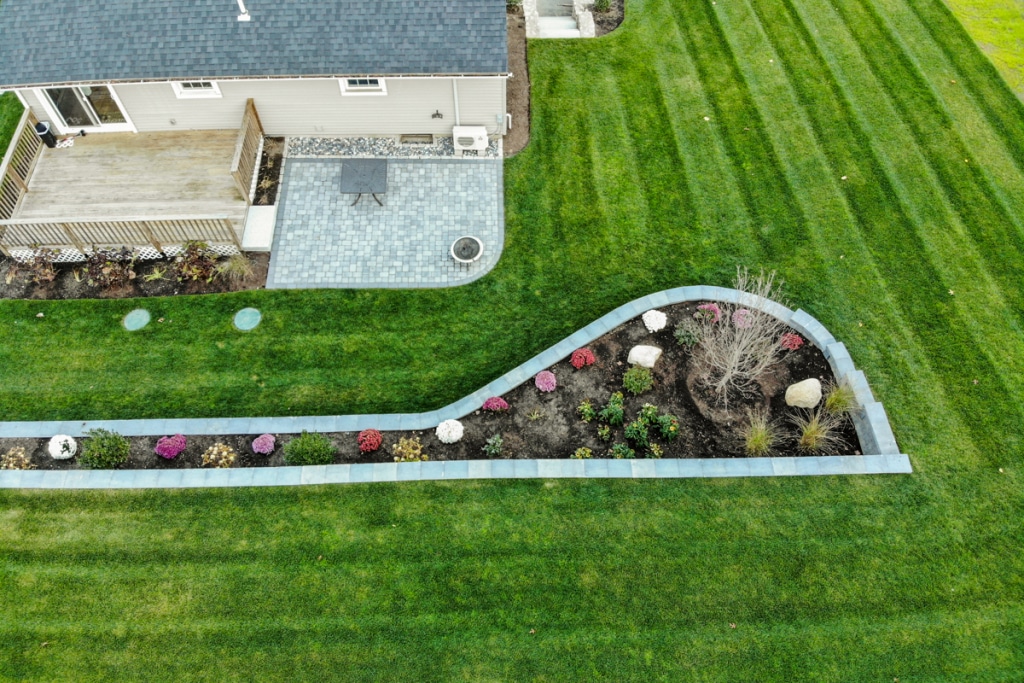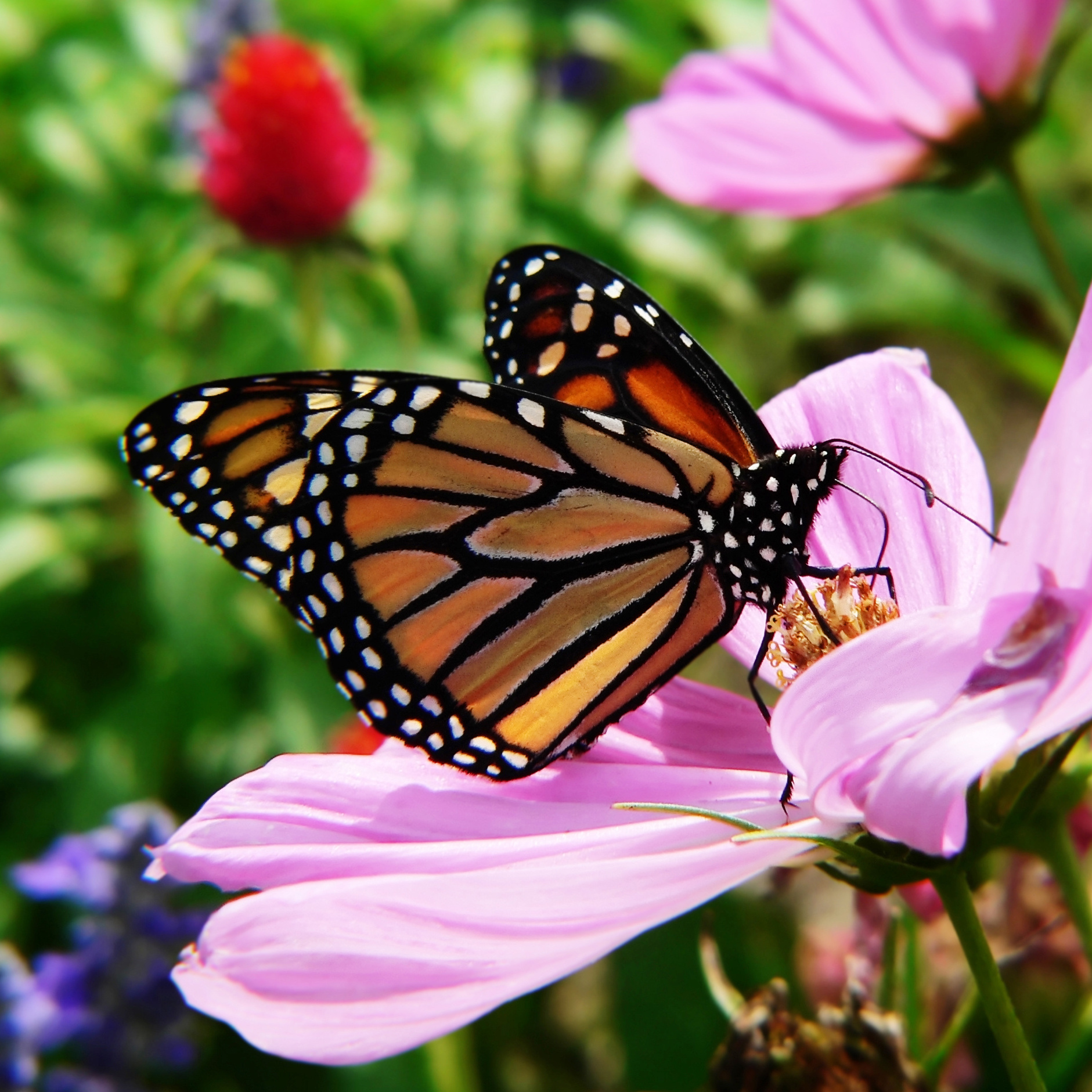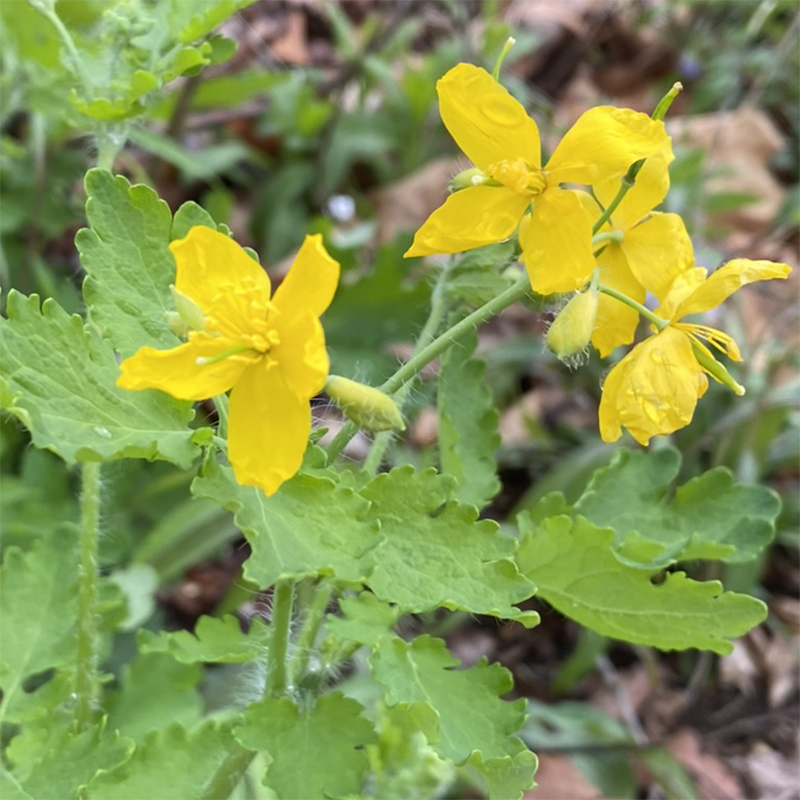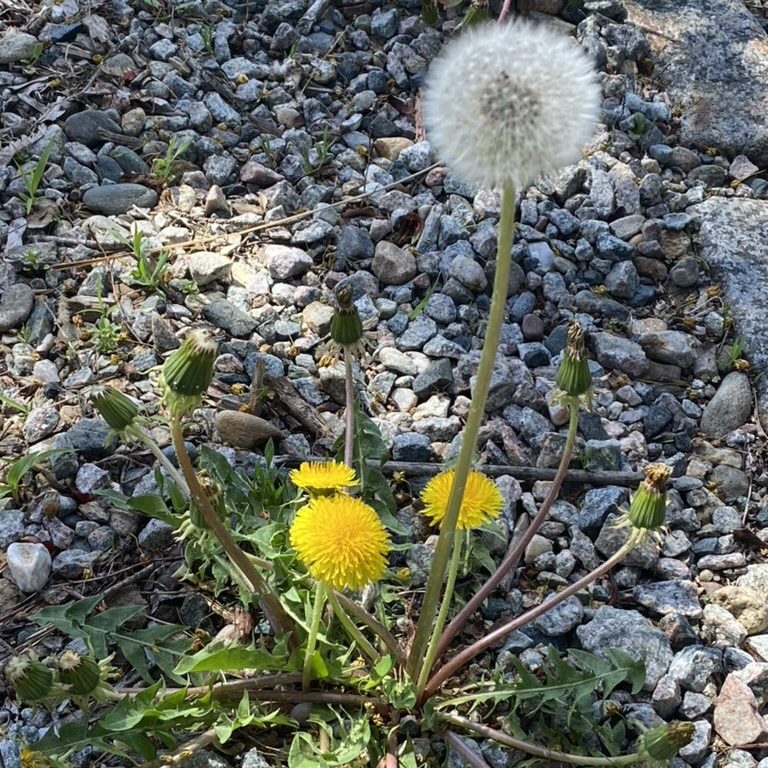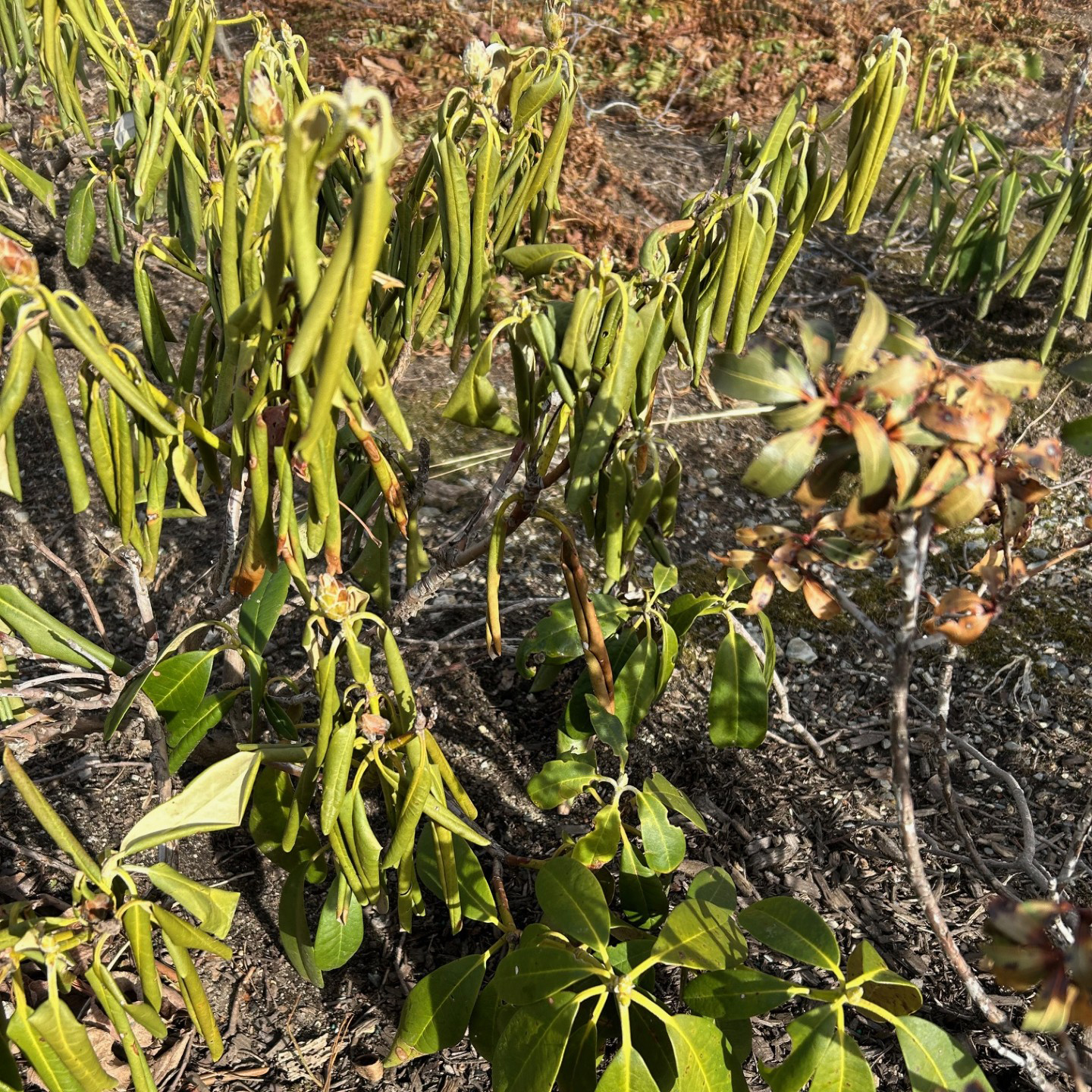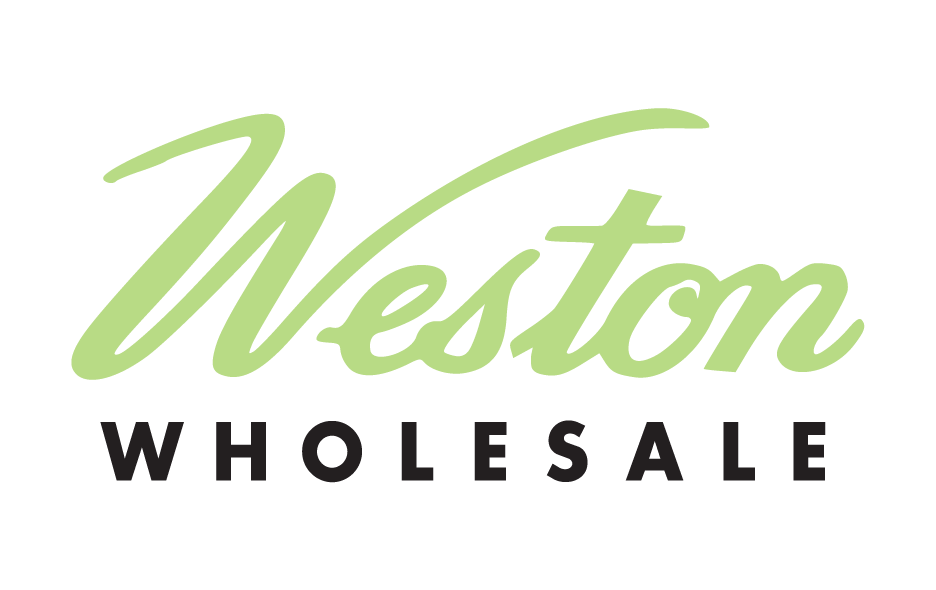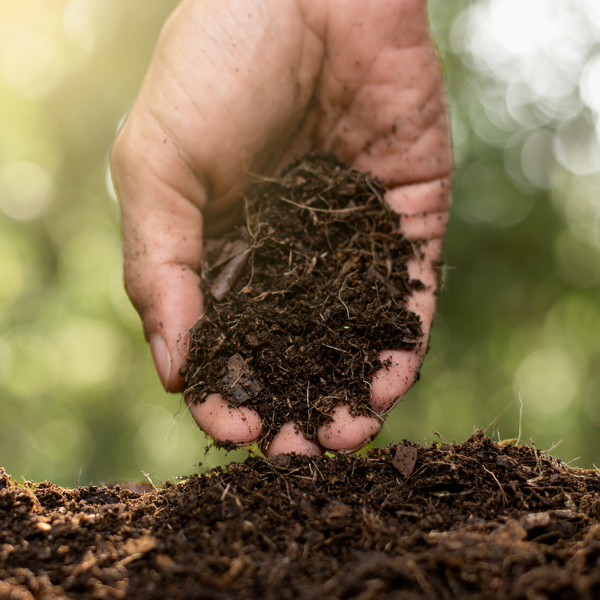
If you want to “go green” in your garden, compost is one of the best things you can use!
When your soil is high in organic matter, beneficial micro-organisms get the food cycle started by digesting organic matter, which releases valuable nutrients into the soil. These nutrients are then processed by other organisms, and are eventually taken up by the plant’s root system- this results in strong plant tissue and better flowering. Healthy, compost rich soil also supports and encourages earthworms which aerate the soil and make it easier for roots to grow deeper. More organic matter in your soil provides more air pockets for water and nutrients to be absorbed unimpeded, again encouraging deep root growth. Deeper roots make plants healthier and more drought tolerant. If you love the above ground look of your lawn, plants, shrubs and trees, you need to show those roots some love!
Conversely, soils with low organic matter produce weaker plants and lawns that are more susceptible to pests and diseases. Many people rely on the use of synthetic fertilizers and chemicals to improve the “look” of their lawns and plants- while plants may look good, the soil remains infertile, increasing dependency on inorganic products in the future. Once you decide to go the compost route, you can break the cycle of chemical fertilizer dependence. When you have established a good base of compost in your soils, you will need less frequent applications of organic fertilizers to maintain healthy populations of micro-organisms in the soil for continued long-term health of plants and lawns. As a side benefit, soils high in organic matter also retain water better, thereby allowing you to conserve your water usage.
Lawns – Topdress in early spring and again in fall with .25 inch of compost.
New perennial beds, trees and shrubs– soil should be a range of 25-33% compost depending on the quality of your existing soil prior to planting. Remember, compost will make clay soil softer and easier for water and roots to penetrate. Conversely, compost will enable sandy soil to retain water better.
Vegetable Gardens – Up to 50% compost is ideal
Established beds, trees and shrubs – Apply to top of soil, like mulch.
We’re particularly proud of the compost we produce here at Weston Nurseries, which is rich, dark, and free of weed seeds and pathogens. Our compost is also Approved for Organic Use, which means that you can use it in your veggie garden, landscape, or lawn, and know that it’s safe for you, your children and your pets. Plus your plants will love it! Weston’s Best Compost is available in bulk quantities, or you can purchase a re-usable compost tote and bring home 10 gallons at a time.
Stop in one of our garden centers and our staff can help you arrange for delivery or pick up of bagged compost.

